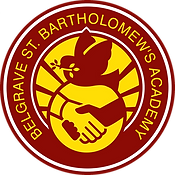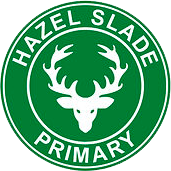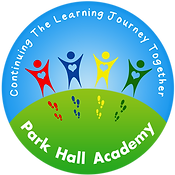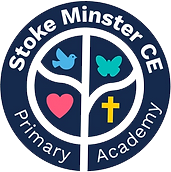ENGLISH
Pupils explore historical stories and write diary entries from the perspective of historical figures, developing narrative skills and empathy.
MATHS
Pupils use timelines to understand chronological order, calculate durations between historical events, and interpret data from charts and graphs.
SCIENCE
Pupils investigate the history of scientific discoveries and inventions, understanding their impact on society and how scientific knowledge has evolved over time.
GEOGRAPHY
Pupils explore how historical events have shaped local and global landscapes, studying the development of settlements, trade routes, and land use.
ART
Pupils recreate historical art styles and techniques, learning about famous artists and the cultural context of their work while developing their artistic skills.
MUSIC
Pupils explore the history of music, studying different musical genres, famous composers, and the impact of historical events on the evolution of music.
COMPUTING
Pupils use digital tools to research historical events and create multimedia presentations, developing digital literacy and research skills.
PE
Pupils learn about traditional games and sports from different historical periods, understanding their cultural significance and developing physical skills through participation.

























